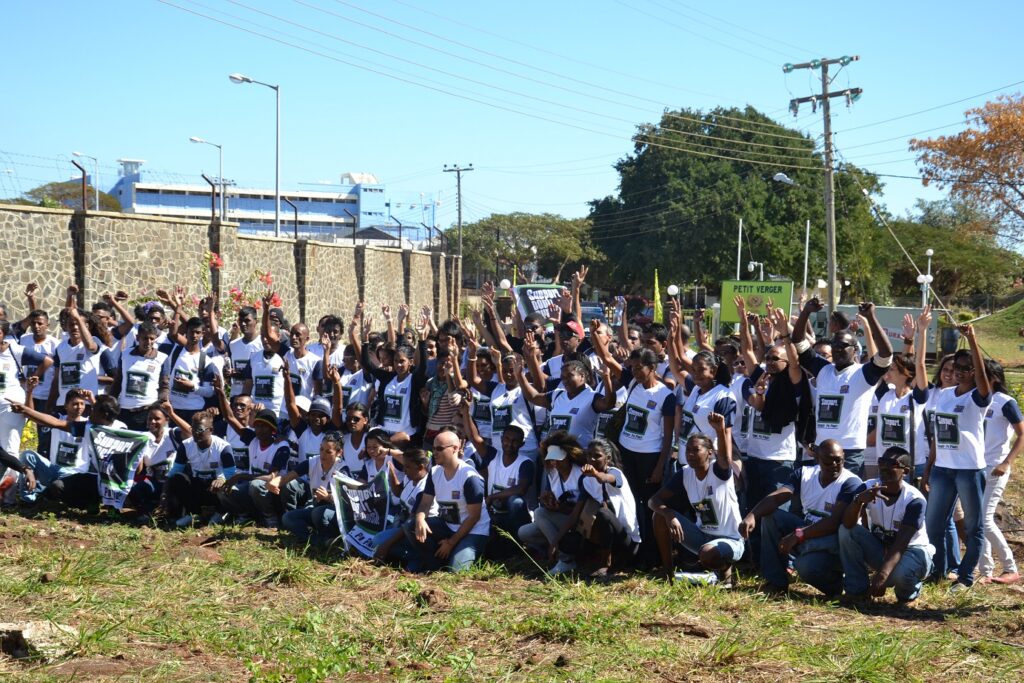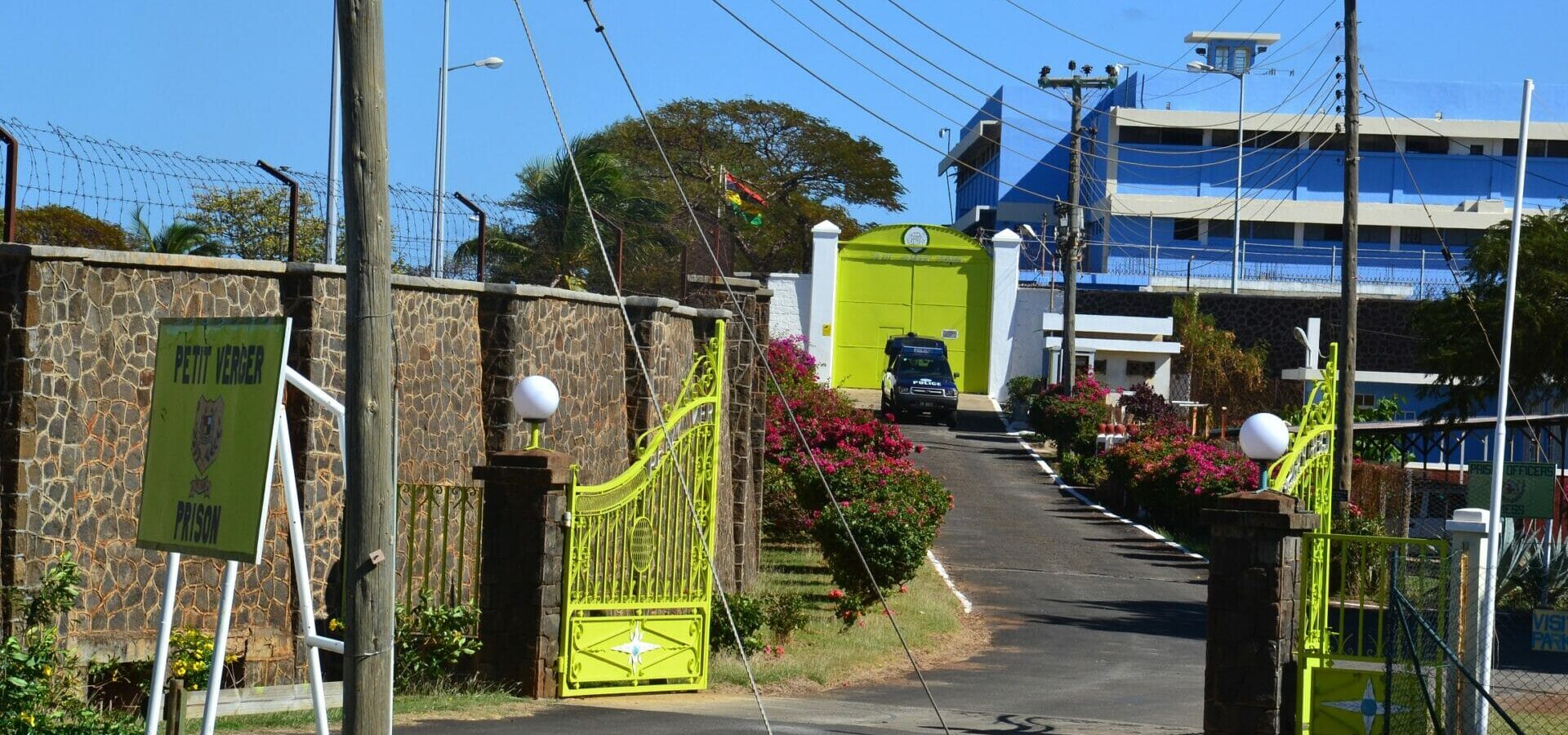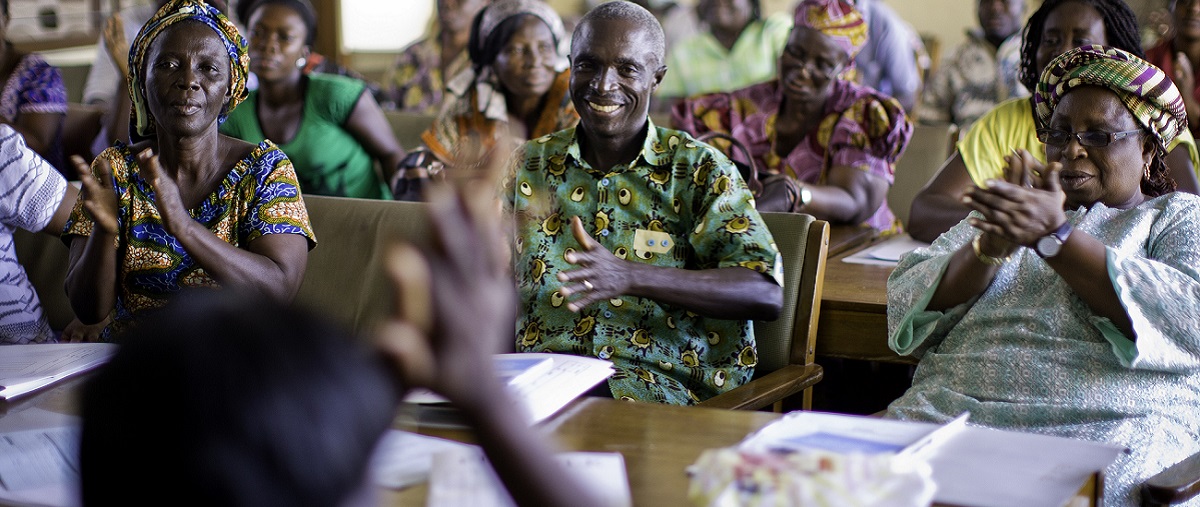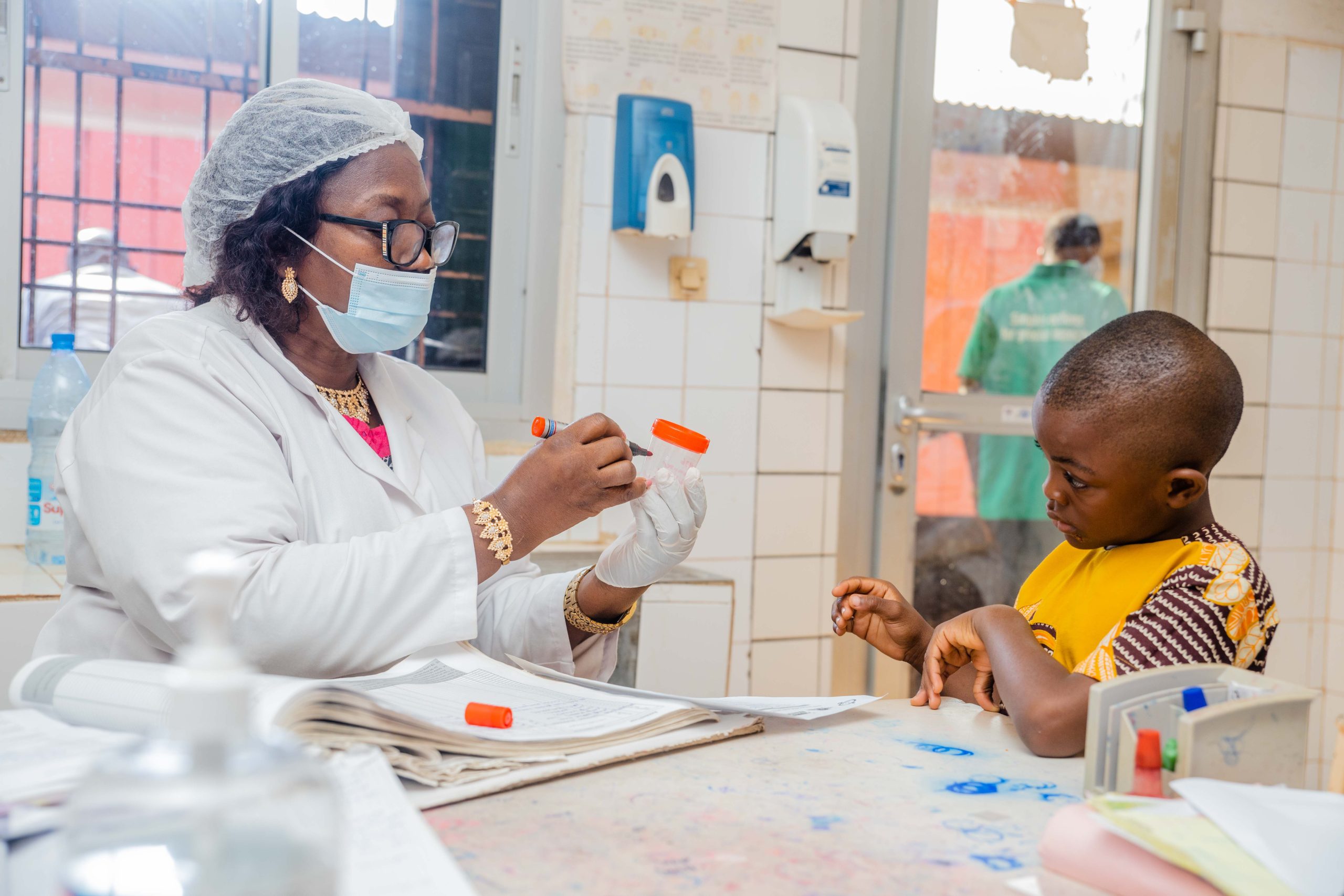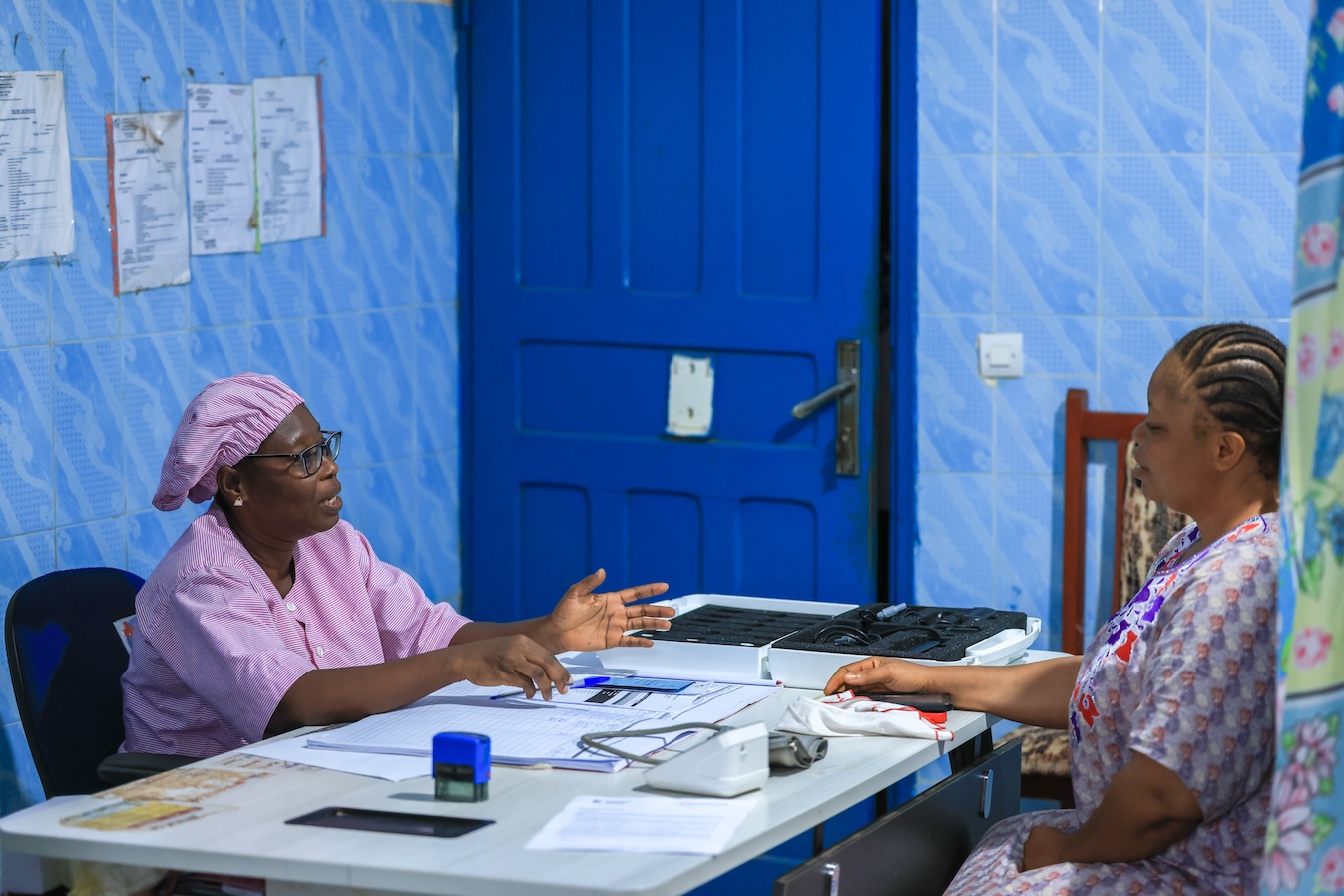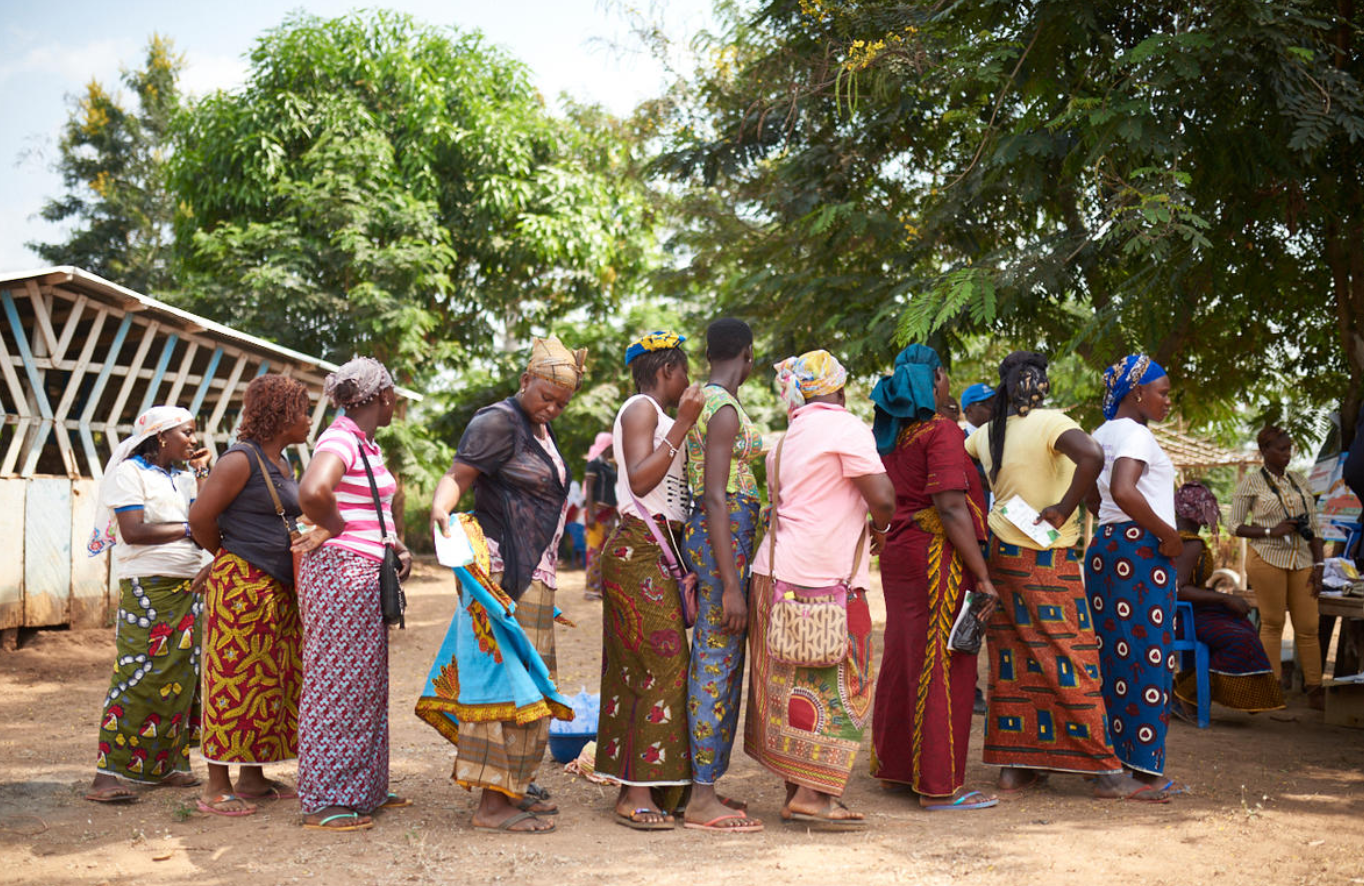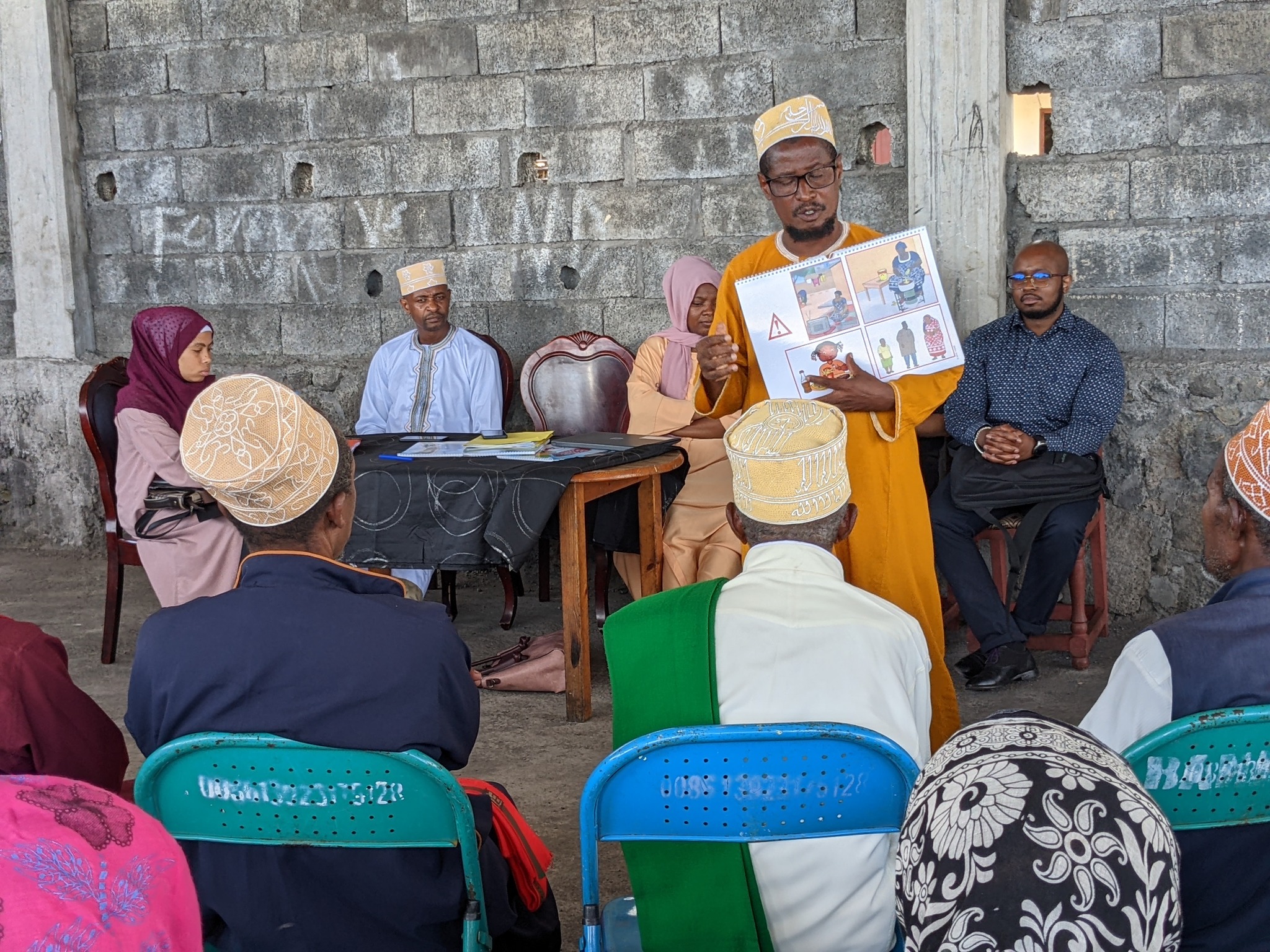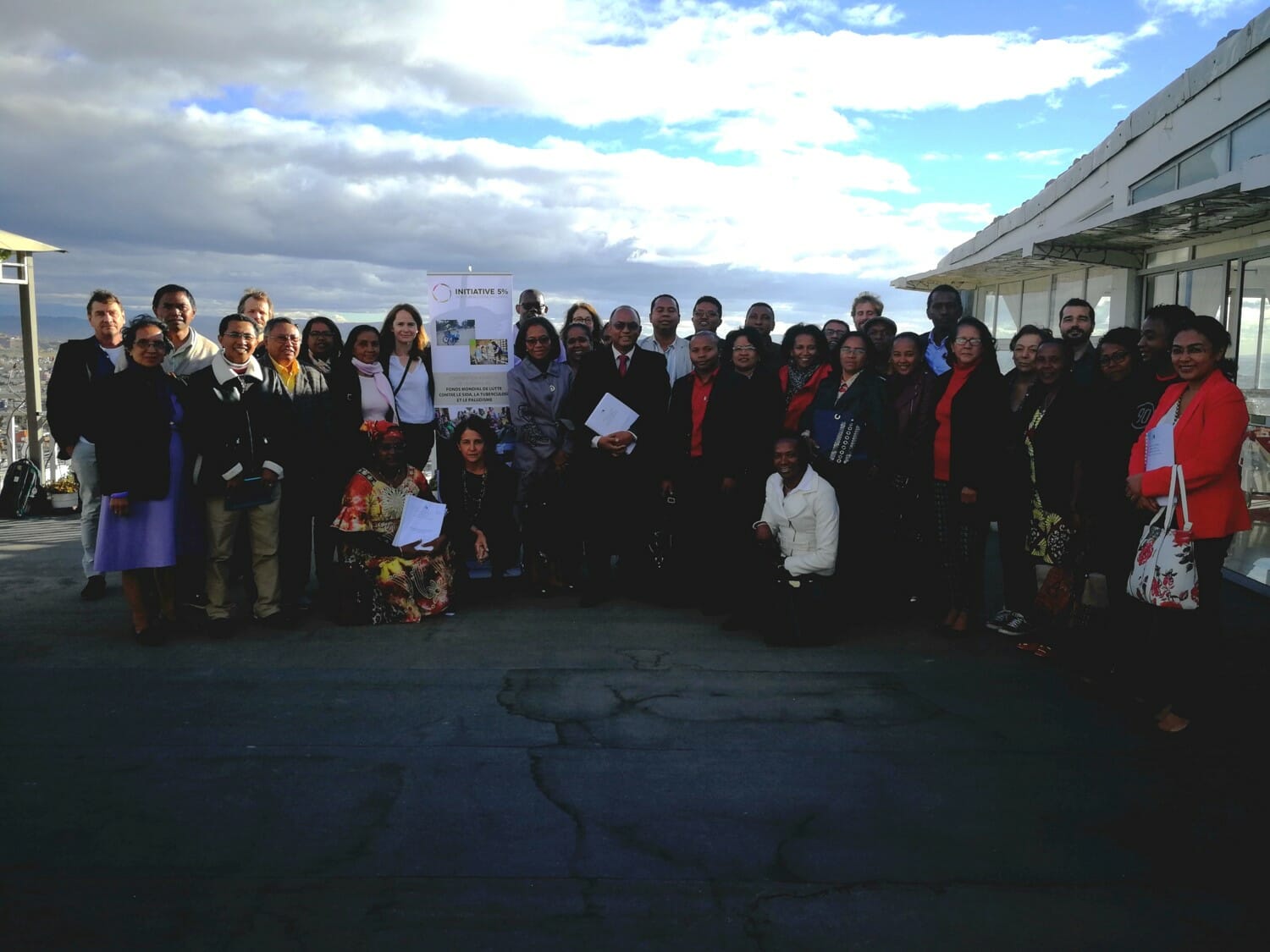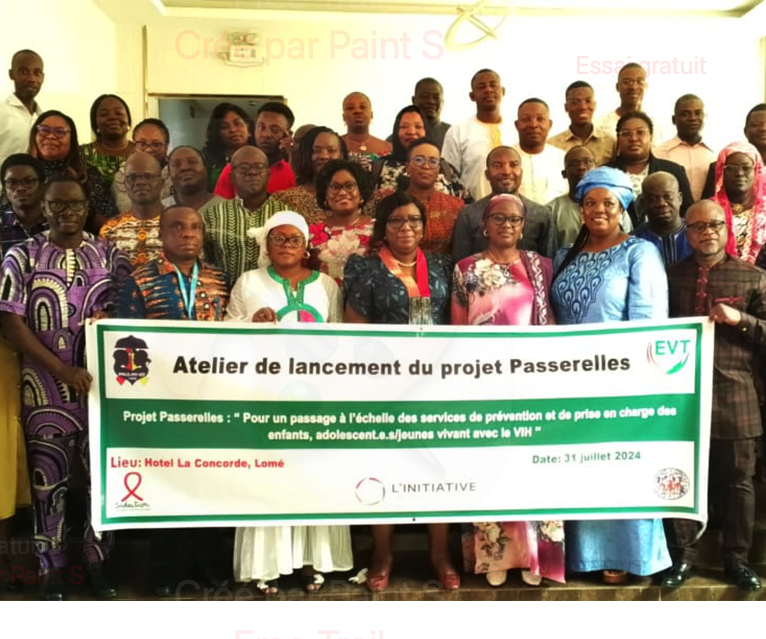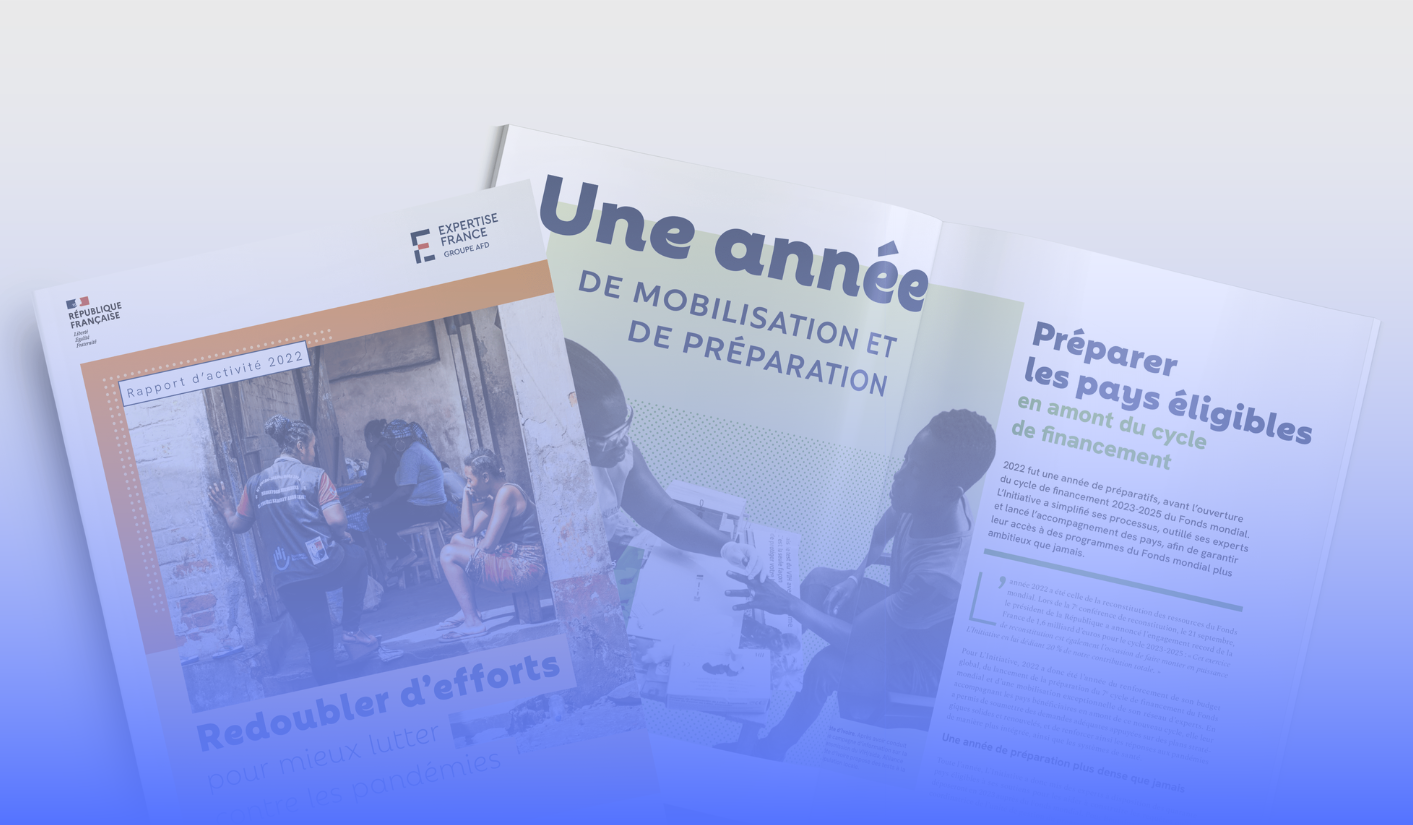Prisons: transmission hotspots and health wastelands
A concentred HIV epidemic
In Mauritius, the Ministry of Health and Welfare estimates that in 2019, more than 11,000 people were living with HIV (PLHIV). However, the epidemic remains highly concentrated among key populations: 38.6% among people who inject drugs, 15% among sex workers (SWs), 17% among men who have sex with men (MSM), and 27% among transgender people. According to data from the 2017 national HIV sentinel surveillance, 16% of the prison population are living with HIV.
Each year, since 2016, around 400 new cases have been identified. People who inject drugs account for 61.1% of all new HIV cases detected in Mauritius. Due to criminalization issues, many drug users end up in prison. At any one time, there is an average of 2,300 prisoners spread across 10 prisons. They are a major population group affected by HIV, but they do not benefit from integrated pandemic control programs.
Mauritian prisons, therefore, constitute a risk zone for the transmission of HIV, HCV, and tuberculosis, but the current health system only provides rudimentary services to prisoners already infected/affected by these epidemics, and there is limited access to harm reduction programs.
A repressive context for people who use drugs
In Mauritius, PLHIV have free access to testing and treatment for HIV, HCV, and tuberculosis. However, they face numerous stigmas and discrimination issues, which lead to challenges arising in the care continuum: lack of ARVs (stock-outs), difficulties managing side effects, access to other lines of ARV treatment in the HIV protocol, advice services, and confidentiality around the patient’s HIV status.
It is estimated that of the 11,000 people living with HIV in Mauritius, only 42% have an undetectable viral load. The country is therefore still far from the targets set by UNAIDS to achieve the elimination of HIV and AIDS by 2030.
In prisons, although prisoners receive various health tests on entry—including an HIV test—challenges remain. There is little or no additional advice, monitoring, and appropriate care. Prisoners living with HIV are only put on ARV treatment when their CD4 count is low. Treatment is given in public, sometimes in the prison courtyard, where there is no guarantee of confidentiality. Publicly distributing treatment reinforces the discrimination that is already very present and discourages adherence to treatment. Added to this, side effects are not well-managed, which represents a major obstacle to care for prisoners.
Prisoners who use drugs face other additional challenges. Since 2015, the national policy for methadone substitution therapy has been modified in the country. After stopping methadone for new beneficiaries in 2015, the program was resumed in 2017, but with methadone being distributed in front of or within police stations. Slowly, health centers have started distributing methadone again, but there are still around twenty dispensing sites in front of police stations. In prisons, although it is possible to dispense methadone again, no harm reduction measures, such as needle exchanges or sterile needle distribution programs, are in place. Similarly, there is no provision for free condoms.
Virtually non-existent support
Once prisoners are released, they are rarely provided with support. There is no exit support program for people living with HIV, HCV, or tuberculosis, and it is rare for them to be directed or referred to healthcare establishments. This creates many challenges, making their reintegration into society virtually impossible: double stigma and discrimination due to the disease(s) they are living with and their “former prisoner” status. These challenges combined lock people into a downward spiral, perpetuating the cycle of poverty, meaning they do not adhere to treatment and they find themselves back in prison.
There are few programs working with prisoners and former prisoners, particularly in the context of combating pandemics. In addition, decreased funding from the Global Fund in recent years has had a significant impact on existing programs. Although prisoners constitute one of the largest groups of key affected populations, they do not receive specialized care for HIV and tuberculosis.
Improving health care for prisoners and former prisoners living with, or affected by, HIV, HCV, and tuberculosis in Mauritus
The project is led by the NGO PILS and aims to improve access to quality HIV, HCV, and tuberculosis care for prisoners and former prisoners in Mauritius. L’Initiative provided the project with €988,568 over three years.
A study will be carried out with male and female prisoners, former prisoners, and prison officials to assess their knowledge of the healthcare context in prisons. This first study will determine the advocacy strategies and the activities to be undertaken to ensure that the specific needs of these populations are included in national policies.
In order to improve the care provided to prisoners, prison staff and NGOs working in prisons will be trained on issues relating to HIV, HCV, and tuberculosis, including confidentiality and best care practices.
Peer educators will support the project: 45 men and 5 women will be trained and will provide care management support to prisoners. All prisoners will receive information on HIV, HCV, and tuberculosis. Those most at risk, including men who have sex with men, transgender people, and people who inject drugs in prison, as well as prisoners living with HIV, HCV, or tuberculosis, will receive counseling and psychosocial support. Prisoners will also be provided with support upon their release from prison. Activities to support access to employment and access to education/training (in particular for young prisoners) will be developed to support their reintegration into society. This is made difficult by the “penal clearance certificate,” a form of criminal record that employers can request and which can hinder a return to work.
A platform to strengthen the reintegration of former prisoners into society
The project intends to test a new type of activity using the TAPAJ approach (alternative jobs paid daily). This program is inspired by a similar model that exists in France and Canada that was developed within the framework of supporting drug users by the organization Specters de Rue, a member of COCQ-SIDA (the Quebec coalition organizations working to combat AIDS) and a founding member of Coalition Plus.
It will provide former prisoners with a platform to participate meaningfully in society and to receive health care, therefore keeping them in the care continuum. One thousand people will benefit from a platform to do paid work whilst also receiving health care and support in the field. Each day, a group of former prisoners will be responsible for doing small jobs to clean up and improve public places. They will also be able to get advice from medical staff on-site and will have access to hygiene kits, showers, and testing tests. In this way, former prisoners will be engaged in socioeconomic activity through which they can share their experiences with others in the same situation and receive immediate care and support from medical staff who are present during activities.
Coalition Plus will be a key partner in implementing the TAPAJ project. Spectre de Rue, who founded this project, will be requested by the NGO PILS to provide expertise from the outset.
The PILS project was selected through L’Initiative’s 2018 call for proposals, was signed off in December 2019, and began at the start of 2020..
PILS and their partners
PILS is an NGO working to combat AIDS, established in 1996. Pils represents, mobilizes, and strengthens NGOs and vulnerable communities in Mauritius to campaign, through advocacy, to improve the national response to pandemics. Since 2012, PILS has been the civil society Global Fund Principal Recipient. PILS has been a member of Coalition plus since 2013.
The PILS project funded by L’Initiative will be implemented in Mauritius in partnership with the organization AILES (Aides, infos, liberté, espoir et solidarité) and Kinouété, an organization working in prisons and supporting former prisoners.
